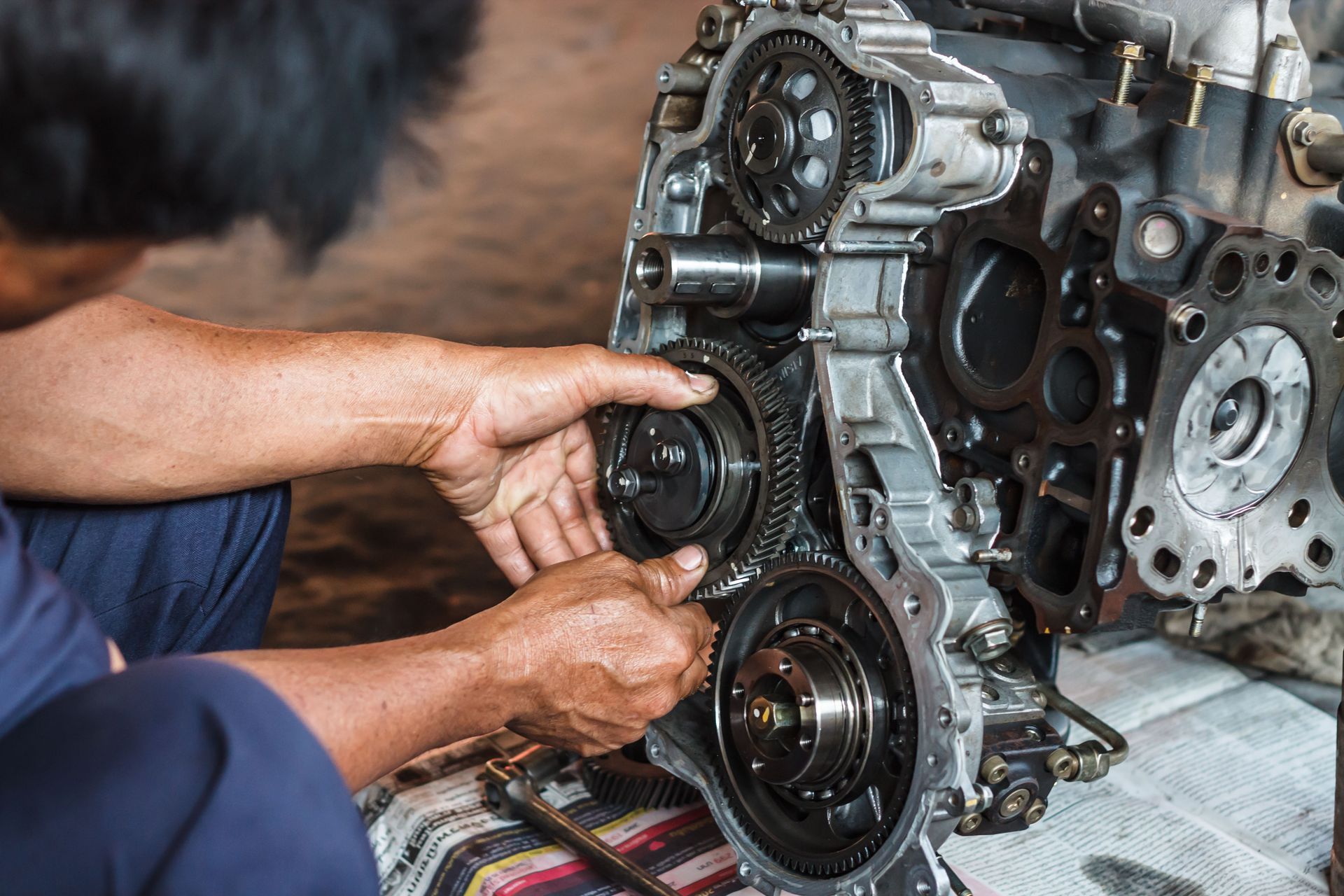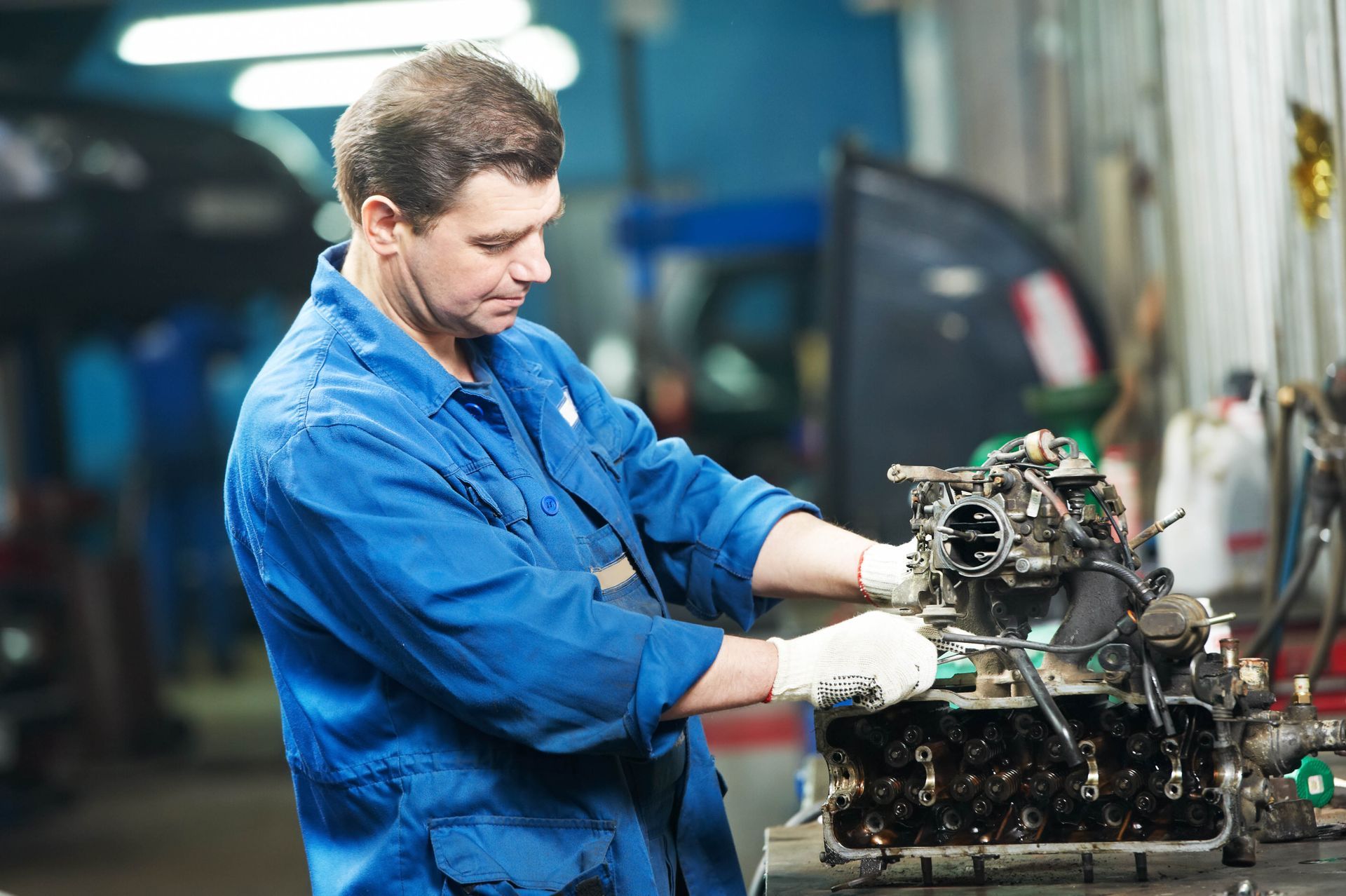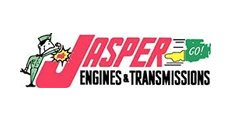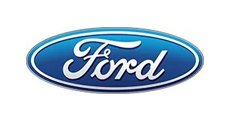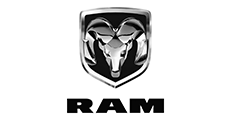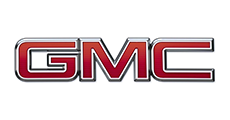October 13, 2025
This article delves into the intricacies of engine issues that uniquely affect diesel trucks, detailing how these challenges differ from those encountered by gasoline-powered vehicles. As diesel engines become increasingly popular for their torque and efficiency, understanding the specific problems they face is crucial for operators and mechanics. Despite the robustness of diesel engines, they encounter distinct issues requiring specialized knowledge and maintenance. Such awareness can extend the life of the vehicles and reduce maintenance costs in the long term. According to Hedges & Company, nearly 12 million new light trucks and SUVs were registered in the U.S. in 2023, highlighting the growing demand for both diesel and gasoline vehicles and the importance of understanding the unique challenges faced by each type.
1. Fuel Injector Problems
1.1 Causes of Injector Failure
Fuel injectors in diesel engines operate under extreme pressure and precise conditions, making them susceptible to failure. Contaminated fuel or the presence of impurities such as water and debris can exacerbate this problem. Over time, these contaminants can cause significant clogging or damage to the injector nozzles. Poor fuel quality, particularly low-lubricity diesel, can also contribute to premature injector wear. These issues are less prevalent in gasoline engines, which operate at lower pressures and with different fuel composition requirements.
1.2 Symptoms of Faulty Injectors
When fuel injectors begin to fail in diesel engines, several key symptoms emerge. Irregular engine idling, increased emissions, and reduced engine performance are common signs. Drivers might also notice a substantial drop in fuel efficiency due to improper fuel delivery. In more severe cases, misfiring and difficulties in starting the engine can occur. Recognizing these symptoms early can prevent further damage to the engine and related components.
1.3 Maintenance Tips
To maintain the health of diesel fuel injectors, regular maintenance is paramount. Using high-quality fuel and additives designed for diesel engines can significantly reduce the risk of injector issues. Routine inspection and cleaning of injectors can prevent clogging due to dirt and carbon deposits. Furthermore, replacing fuel filters at recommended intervals helps keep contaminants from reaching the injectors. Regular maintenance schedules should be strictly adhered to, minimizing the chances of unexpected injector failures.
1.4 Replacement Costs
Replacing fuel injectors in a diesel truck can be quite expensive, often costing several hundred dollars per injector. The complexity of the diesel injection system and labor charges further escalates these costs. For comparison, gasoline fuel injectors tend to be less expensive and simpler to replace. Proper maintenance and early detection of injector issues can significantly reduce overall costs. Investing in quality parts and service can extend the lifespan of injectors and maintain engine performance.
1.5 Comparative Analysis: Diesel vs Gas Engines
Fuel injectors are critical in both diesel and gasoline engines, but function differently due to their distinct operating environments. Diesel injectors face higher pressures and are more susceptible to contamination issues. In contrast, gasoline injectors operate at lower pressures, offering more resilience against clogging from particulates. Consequently, diesel engines typically require more frequent injector maintenance and replacement. Understanding these differences helps in making informed decisions on appropriate care and usage.
2. Turbocharger Wear and Tear
2.1 Importance of Turbochargers in Diesel Engines
Turbochargers are essential components in diesel engines, helping enhance power output and fuel efficiency. By recycling exhaust gases to boost air intake, turbochargers improve the engine's overall performance and efficiency. Diesel engines benefit significantly from turbocharging, as it allows them to operate efficiently with higher torque at lower engine speeds. As fuel efficiency is a priority, turbochargers play a crucial role in meeting performance standards and reducing emissions. This capability is particularly advantageous in heavy-duty applications and long-haul trucking.
2.2 Common Turbocharger Issues
Turbochargers in diesel engines often encounter several common issues. Excessive heat and pressure can lead to component failure and reduced turbo efficiency. Oil contamination and inadequate lubrication can also cause significant damage to the turbocharger bearings. Other potential issues include boost leaks, resulting from worn or damaged connections. These problems can lead to decreased engine performance and increased fuel consumption over time.
2.3 Detection and Troubleshooting
Detecting turbocharger issues early is crucial for maintaining optimal engine performance. Common signs of turbo failure include unusual noises, decreased power, and increased exhaust smoke. Regular checks of the turbocharger for any oil leaks or visual damage can aid in early detection. Troubleshooting typically involves checking boost pressure, inspecting the exhaust system, and evaluating engine performance. Addressing these issues promptly can prevent more severe damage to the engine and turbo system.
2.4 Preventative Maintenance Strategies
Preventive maintenance is vital to prolonging the life of turbochargers in diesel engines. Regular oil changes with high-quality lubricants help prevent oil contamination and maintain turbo efficiency. Ensuring that the air intake system is free from obstructions and leaks also aids in optimal performance. Routine inspection of turbo components for physical wear or damage can help in early problem identification. Drivers should follow manufacturer recommendations for turbo maintenance to enhance reliability and performance.
2.5 Long-term Impacts on Engine Performance
Proper management of turbochargers can significantly impact the long-term performance of diesel engines. Efficient turbo operation ensures higher power output and better fuel efficiency, contributing to reduced operational costs. Conversely, neglected turbochargers can lead to engine strain, reduced fuel economy, and increased emissions. Ensuring that the turbo system operates efficiently is crucial for meeting environmental regulations and maintaining engine longevity. Investment in preventative maintenance can offer substantial long-term benefits for diesel truck operators.
3. Exhaust Gas Recirculation (EGR) System Failures
3.1 Function of the EGR System in Diesel Engines
The EGR system is designed to reduce nitrogen oxide emissions by recirculating a portion of the engine's exhaust gases back to the intake air. In diesel engines, this process lowers the combustion temperature, minimizing the formation of harmful pollutants. EGR systems contribute to compliance with strict emissions regulations and help improve environmental sustainability. Their role in controlling emissions makes them a critical component in modern diesel engines. Proper functioning of the EGR system is essential for maintaining emission standards and avoiding legal repercussions.
3.2 Typical Failures in Diesel EGR Systems
Diesel EGR systems are prone to specific failures that can affect engine performance. Common issues include clogging of the EGR valve or cooler due to the buildup of carbon deposits. This can result in reduced engine efficiency and increased emissions. EGR system malfunctions can lead to engine misfires, rough idling, and a loss of power. In severe cases, they may trigger warning lights on the vehicle's dashboard. Prompt identification and resolution of EGR issues are crucial to maintaining engine health and performance.
3.3 Cleaning and Repair Processes
EGR system maintenance involves regular cleaning and occasional repairs to prevent issues related to carbon buildup. This process typically includes the thorough cleaning of the EGR valve and cooler to ensure unrestricted airflow. In some cases, replacement of severely clogged components may be necessary. Technicians should follow recommended procedures and use appropriate cleaning agents to prevent damage during maintenance. Routine EGR system inspection and cleaning can improve engine performance and prolong the lifespan of the system components.
In summary, diesel trucks present unique challenges compared to their gasoline counterparts, primarily due to the complex components and systems tailored for their functionality. Understanding these issues aids in effective maintenance, preventing potentially costly repairs and enhancing vehicle performance. Adherence to recommended maintenance intervals and attention to early symptoms of component failure are essential practices for diesel truck owners. As the demand for light trucks and SUVs continues to rise, awareness of these challenges is crucial for ensuring reliability and longevity. Proper management of diesel engines permits operators to maximize efficiency and sustain their investment over time. Be sure to reach out to Strokers Plus today for more information on our professional diesel truck engine repair !



